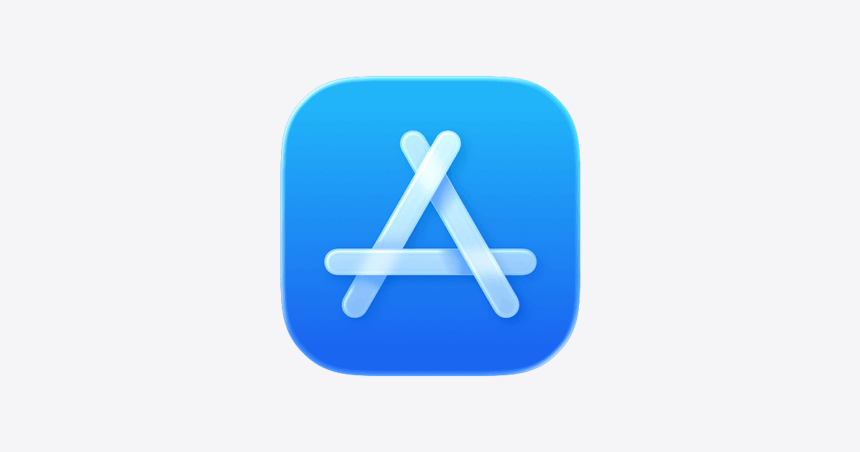Apple confirmed that its App Store will begin enforcing age verification rules in Texas starting 1 January 2026. Enforcement complies with the state’s App Store Accountability Act (SB 2420). The new law requires users to verify their age of 18 or older when setting up an Apple ID. Those under 18 must be part of a Family Sharing group and get parental approval for all app downloads, purchases, and in-app transactions.
What’s Happening & Why This Matters

This law is the latest push by state governments to make app platforms more accountable for children’s online safety — but it’s also reigniting debates about digital privacy.
Apple’s changes won’t stop at Texas. The company says similar rules will extend to users in Utah and Louisiana, where comparable laws take effect later in 2026.
In a statement on its developer blog, Apple didn’t hold back:
“While we share the goal of strengthening kids’ online safety, we are concerned that SB 2420 impacts the privacy of users by requiring the collection of sensitive, personally identifiable information to download any app, even if a user simply wants to check the weather or sports scores.”
That blunt tone decries Apple’s tensions with state-level tech laws that go beyond its internal safety systems.
Apple’s New Tools for Developers
To help app developers comply with the new requirements, Apple has introduced the Declared Age Range API. The privacy-preserving framework lets apps determine a user’s age category without directly accessing their personal data. Later this year, Apple plans to add new APIs allowing developers to reconfirm parental consent if an app undergoes major updates after initial approval.
The iPhone giant says the changes reduce the amount of personal information being shared between apps and third parties. Still, critics argue that any mandatory ID verification adds friction to user experiences and risks creating data security liabilities.
Texas Leads the Charge
Texas’ SB 2420 represents one of several state-led efforts to legislate how major tech companies handle youth safety and digital responsibility. The law compels app stores — not individual apps — to bear responsibility for verifying the ages of their users.
Tech companies, including Apple and Google, have publicly resisted. Both companies argue the law unfairly shifts the burden from social media giants like Meta and TikTok onto the app distribution platforms.
Google’s Director of Public Policy, Kareem Ghanem, commented in March:
“There are a variety of fast-moving legislative proposals being pushed by Meta and other companies in an effort to offload their own responsibilities to keep kids safe to app stores.”
That tension highlights how platform providers and content companies are clashing over who should bear the responsibility for child safety on the internet.
The Privacy Debate
Apple’s chief concern is user privacy. The Mac maker insists that forcing ID collection for app downloads opens the door to data misuse and identity exposure. Critics of the law echo that sentiment, arguing that collecting such sensitive information for low-risk activities — like downloading a weather app — is excessive and creates unnecessary vulnerability.
But lawmakers in Texas argue that the measures are necessary, pointing to the rising use of social media among minors and the alleged harm caused by unrestricted digital access. They claim the law gives parents more control and transparency over how minors engage online.

Despite its objections, Apple must comply or risk penalties under state law. By rolling out technical solutions like the new APIs, it’s clear Apple is walking a fine line—protecting users’ privacy while still meeting state requirements.
Added Guardrails
The Family Sharing requirement may have the most visible impact. Parents or guardians in Texas will need to approve every download or purchase made by minors, whether through the App Store or in-app transactions. Developers, meanwhile, will have to build parental consent checks directly into their apps.
The protections also changes how app stores operate nationally. Once Apple and Google implement systems in Texas, Utah, and Louisiana, the technical infrastructure scales to other states considering comparable laws.
TF Summary: What’s Next
The Texas law is a benchmark for digital age verification in the U.S. — and not everyone will be happy about it. While Apple and Google may streamline compliance with new tools, the debate over privacy vs. protection is deepening as other states follow suit.
MY FORECAST: Developers should prepare for the age verification era and its APIs. Parental approval systems are headed to standardization across all platforms.
— Text-to-Speech (TTS) provided by gspeech


